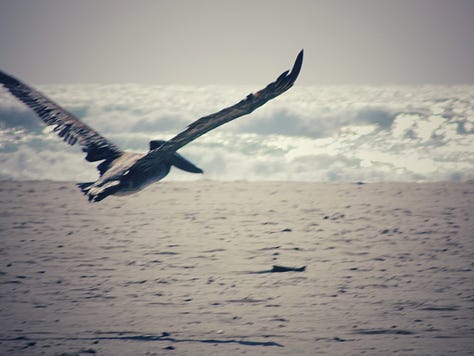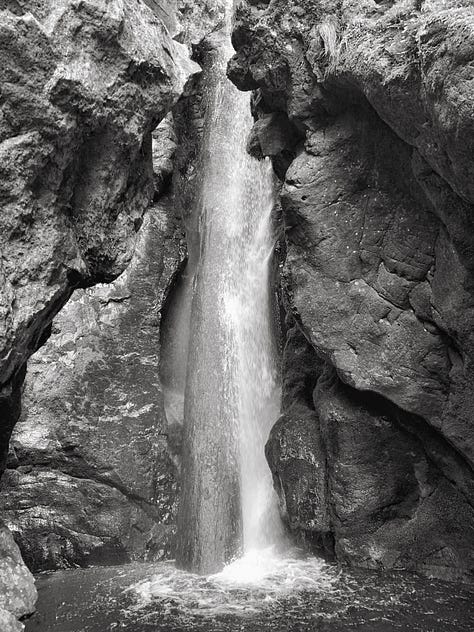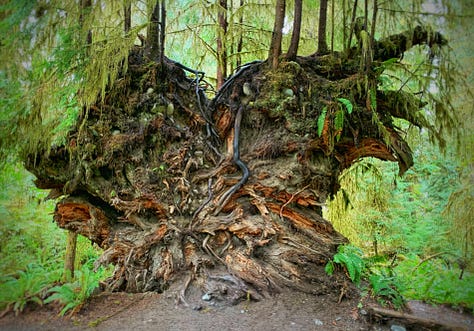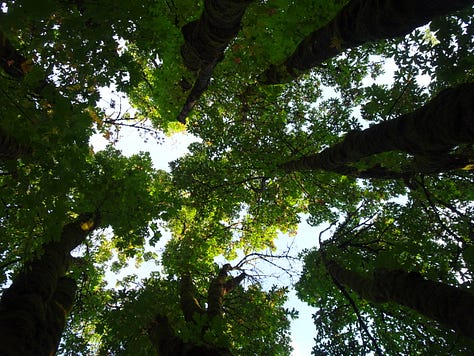belonging. the desire to belong to a place seems to be inherent in our humanbeing-ness. to call a place “home.” and, as i’ve shared in previous posts, the Land where we place our feet is willing to share its energies, stories, myths and archetypes if we are willing to listen. to be in relationship with us. i have the Weavers’ Oracle Journey Cards & Travel Guide by Carolyn Hillyer. Beautiful art and stories rooted in her own deep listening to many Lands (i highly recommend.) as i reflected on card #7, titled SAND, Old Woman Walks Good. Carolyn tells the tale of young women wandering a land where they are unfamiliar. feeling lost. not knowing how to sing the stories of the Land. “old-words-woman,” the guardian of the Land, teaches them “to empty out their words they came with and rest on the land…‘stop your fussing,’ she said, ‘where you sit yourself down on this earth and it feels right, and you offer grateful words and humble deeds, and you honor the people and respect the land, then why should that place not be your home?’”
each Land, it is inferred, has an “old-words-woman” who, if we are patient and humble may come to us and share mysteries, treasures, dreams of place. the songs of place. or she may call us back to a place we once dwelled.
this need to belong and name a place seems to be as ancient as human connection to Land. in his book, Thirty-Two Words for Field, Lost words of the Irish landscape, Manchán Magan shares how Irish place names are often directly connected to place. as the inside book flap says:
“Every word has layers of wisdom and insight encoded in it that allow us to delved deeper into the psyche and landscape of this island.”
and wandering back to my own neck of the woods, so to speak, i’m invited into a deeper awareness of the Land where i place my feet. in Cascadia Field Guide, Art|Ecology|Poetry, edited by Elizabeth Bradfield, CMarie Fuhrman, and Derek Sheffield, the reader is advised to,
“observe, smell, listen, dream, share stories, research, imagine. To really get to know anyone takes time. It takes mind, heart, and memory. To pay attention, to attend, is a sensual, devotional, and intellectual act. Through curiosity, we can discover the wildness and wonder in the beings we walk among every day…” (pg 18.)
this field guide worked to honor all who have inhabited Cascadia for millenia (Cascadia being defined, according to the Sightline Institute, by “the watersheds of rivers that flow into the Pacific Ocean through North America’s temperate rainforest zone.”) It encompasses a huge expanse of Land (and “Land” please remember, includes Rivers, Mountains, Coastal areas, not just the soil where we place our feet.)






as i read through this field guide, i sense the Land present beneath the words. a Land i love. Cascadia has a complex and messy history where indigenous people were forced from the Land that held their stories. where their ancestors were in relationship with the Land. for me to belong here too, i need to be present to that tension and not shy away from it. one way for me to honor is to try to learn the indigenous names of places. how the dreams, stories, myths offered by Land went into the naming. i have a long way to go, but it is why i say “Wy’East” instead of “Mt Hood.”
this Land where i dwell speaks to me. dreams into me. the olympic pennisula. the north oregon coast. the circle of Big Leaf Maples (who, with their permission, i call “the Sisters”) close to where i currently reside. the redwood forests of northern california. and more. they have storied me because i have listened. and because i have shared my story with them, my story now lives in this Land. perhaps i have met an “old-words-woman” and didn’t even realize it.
which brings me to “naming,” a pondering that has been brewing since Sunday, though for a different reason. in our humanbeing-ness, we name. ourselves. others. places. in part for claiming. in part for convenience. and there is power in naming.
i know several folks who have claimed a new name for themselves for many reasons, though usually as part of a healing ritual. in some cultures the ritual of naming is a rite of passage. the name has deep meaning and purpose.
in colonization, the stripping away of an person’s indigenous name and replacing it with a “christian” one or the naming of a place with a colonizers name on the Land was centered on power. to stake a claim of owership.
some folks place a lot of thought into naming a child, a home, a town, a place, a car (yes, i’ve named mine,) with heart-felt intentions. for others it is an afterthought. i wish i could tell you the naming of my children was filled with deep thought and ritual. but not so much.
back to Sunday. i was at an online gathering (i’m in the midst of the course We Will Dance With Mountains) where we collectively mourned the death of a young person, a member of the WWDWM team. we said her name, “H___”. we sat in the sadness for a long, long time. slow time. hard and beautiful. saying her name was so important. this was not a person i knew, but feeling her name brush against my lips as i exhaled was both lament and light. and though i exhaled her name out, the paradox is she is now a part of me.
as we continued to gather Sunday, slowing slipping away from the veil of slow time, the image of bones and marrow came to me. how the Land holds our bones. how we return to Land after our death. when we say the name of a person, a place, a being, that name is returned to the Land and their soul is released into the Next (insert your belief here.) when we place our feet upon the earth, those names are brought into us through our own bone marrow. the names of all ancestors are in our bones. it is important to say their names.
those who are dying across the world in conflict…so many of them are nameless to me. but i know one name, Wadea. six years old. stabbed alongside his mother in his own home. please say his name. and any others you know. let them brush against your lips. let them be part of your marrow. part of the Land where you place your feet. the Land grieves. the Land doesn’t want to grieve alone. lament and then sing. i may be wrong, but i sense “old-words-woman” would ask us to stop and sit where we are with humility. and maybe, just maybe, she will offer us a new|ancient song to sing alongside our laments. perhaps she will offer us a way back to humility to be with the conflicts raging now.
war and conflict does not want us to be still. it does not want us to listen…to each other. to Land. to “old-words-women.”
stillness
bend closer
bow
close eyes
press palms together
thumbs pressed to heart
wait there
wait there
wait there with
open breaths
notice what
is behind
closed lids
allow body
to quiver
lean into the quake
fall
into breath
allow wind to
pass by
wait
wait
wait
until heart stills
breath stills
life stills
open eyes
notice
the one
drop of water
in the forest
amid the forest
of the forest
be that one drop
feel
sun’s releasing
ocean’s calling
fall
then
return here
between each
breath
don’t wait
to be here
or there
because you
are
©anne richardson




